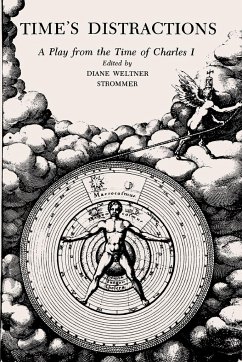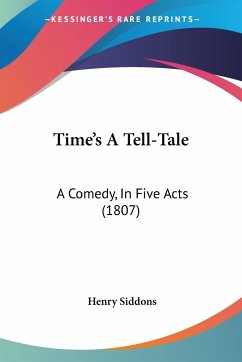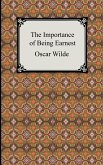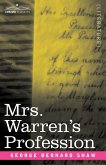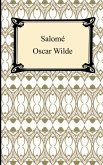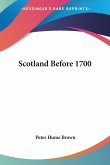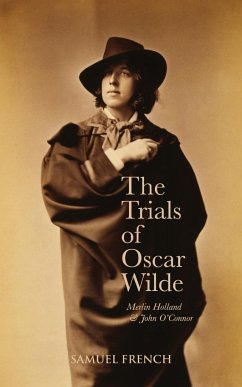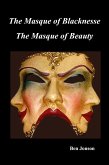The final curtain fell on the already dying age of Elizabethan, Jacobean, and Caroline drama in the late summer of 1642. Civil war broke out in England, and soon afterward the Puritan Parliament closed the theaters. Thus, any surviving play from the last years of the reign of Charles I is of interest for the insight it can provide into that little-known period in the history of drama. One such survivor is this play, until now an anonymous, titleless manuscript in British Museum MS. Egerton 1994. Because various titles given the play by its readers are neither apt nor accurate, Diane Strommer has retitled it Time's Distractions, which emphasizes its central action and uses a popular contemporary phrase that refers to the political disorder and conflict of the early 1640s.This play, for the most part theatrically competent and carefully conceived, has strangely received little attention although others of the fifteen plays in MS. Egerton 1994 have drawn notice and have been published. The author of Time's Distractions remains unknown although attempts have been made to trace him. Various references in the play indicate that its date of composition was sometime between September, 1642, and August, 1643, but a more precise date is impossible to obtain. In her thorough, detailed introductory analysis, Diane Strommer examines these and other problems raised by the play: its origins; its relationship to the contemporary dramatic styles of masque, morality play, allegory, and pastoral; its possible technique of performance; and its sources and analogues.
Hinweis: Dieser Artikel kann nur an eine deutsche Lieferadresse ausgeliefert werden.
Hinweis: Dieser Artikel kann nur an eine deutsche Lieferadresse ausgeliefert werden.

